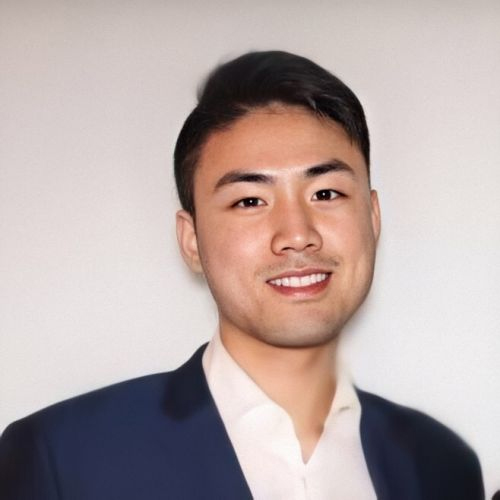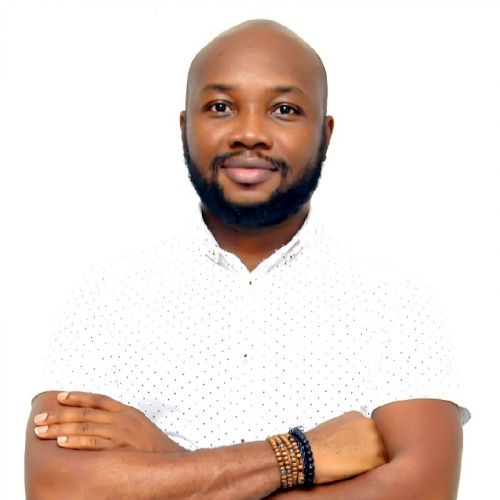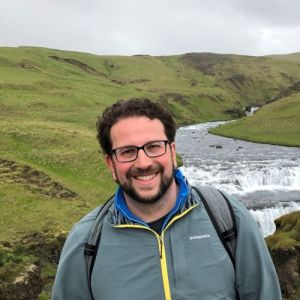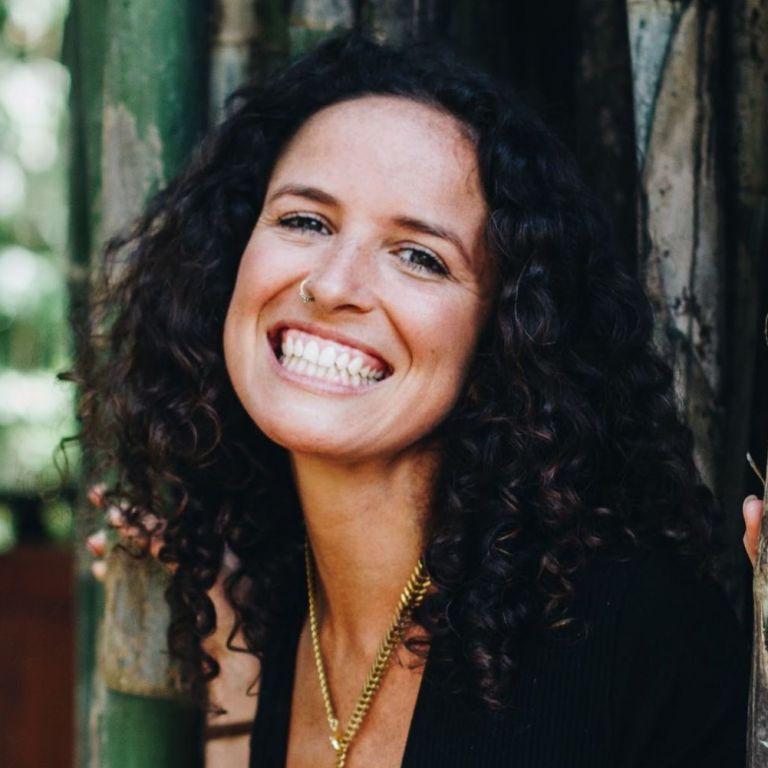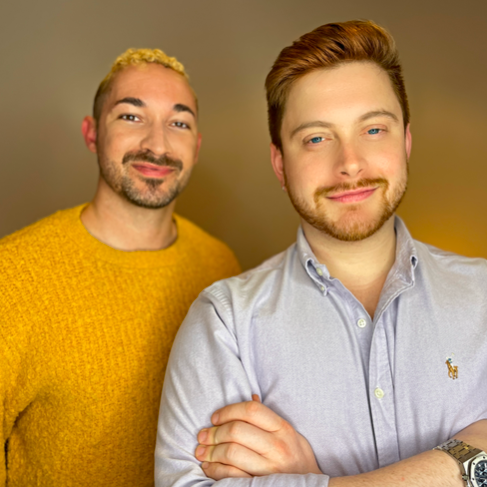How Mi Terro is Leading the Fight Against Hidden Plastics
In this #MeetTheMB100 interview, Robert Luo, Founder & CEO of Mi Terro, explains how their price-competitive biopolymers spell the end of PVAs, a plastic wrapping central to many water-soluble products.
This interview series is sponsored by EY and Hogan Lovells.
Meaningful Business (MB): Can you tell us a bit about the issues you are trying to solve and why you selected them
Robert Luo (RL): PVA (polyvinyl alcohol) is a synthetic plastic polymer often found as a thin, single-use plastic wrapping around many of our everyday products, including household items like dishwasher and laundry pods. In the US alone, research shows that over 20 billion PVA-wrapped dishwasher and laundry pods are used every year. While the plastic wrapping around these pods might seem innocuous, when it comes to PVA, there is more than meets the eye. Over 75% of PVA persists in our waterways and soil after it dissolves in washing machines and dishwashers, with more than 8,000 tonnes entering the environment per year. A person consumes approximately 5g of microplastics, which is the size of a credit card, on average every day.
PVA is designed to dissolve in water and can biodegrade. However, the same study shows that conditions necessary for complete biodegradation of PVA are extremely specific, requiring the presence of particular microorganisms and enzymes to aid the degradation process. In addition, the wastewater must spend a specific amount of time in the treatment facility to allow the microorganisms and enzymes to take effect and fully break down PVA.
In the US, most wastewater treatment facilities do not have all of the conditions necessary for PVA to fully degrade. Either the microorganisms and enzymes are not present, or the wastewater containing PVA doesn’t spend enough time in the wastewater treatment facility to be adequately treated for degradation.

Robert Luo, Founder & CEO, Mi Terro
MB: How is your work tackling those problems, and what impact are you having?
RL: Mi Terro is a synthetic biology and advanced material company that engineers low-value biomass waste into high-value hydrophilic and hydrophobic biopolymers to end microplastics and food waste. We have achieved price parity to conventional plastic, emitting up to 80% less CO2e – a first-of-its-kind approach. Microplastics is a global public health problem that needs urgent solutions, and we are excited to see such a significant leap forward in our ability to manipulate nature’s most diverse and abundant building blocks.
We use a selection of biopolymers and natural fibres with the aim of maximising the use of side streams, second generation (non-food) feedstock and certified biomass. For example, the potato peel waste we use originates from industrial side streams from sustainably managed food manufacturers and constitutes a large share of the total composition of many of our materials. Further advancing our sustainability goals, we make sure the biomass we use to generate our biopolymers are sustainably grown according to good land use principles.
MB: What support do you need in order to scale your business and increase your positive impact?
RL: We need support from clients and investors to scale up our demand and production. We also need support in building bigger engineering and business development teams to take our company to the next level.
MB: How do you work with partners and the wider ecosystem to achieve your mission?
RL: We spend a lot of time conducting deep discussions with our clients to understand their needs. The process might take a few weeks to a few months. These partnerships often start with understanding what they are looking for, evaluating our existing solutions, providing samples for testing, running trials through pilots or joint development, and lastly signing contracts.
MB: What is your ambition for the future of your business?
RL: We want to replace all types of single-use plastics, expanding beyond our original focus of PVAs.
MB: How do you measure success?
RL: We measure success by the amount of agricultural waste we upcycle, the amount of PVA and other single-use plastic we replace, the amount of CO2e we reduce, and the number of farmers we work with.
Quickfire questions
MB: Tell us a mistake you’ve learned from
RL: One mistake I learned is to stay focused. Previously, we spent money on creating precision fermentation solutions that were expensive and hard to scale. Eventually, we had to cut our costs and R&D line to stay focused on our existing processes.
MB: How do you spend your time away from work?
RL: I go to the gym almost every day. I enjoy going out with friends on weekends and I listen to audiobooks when I’m driving.
MB: What’s the best piece of advice you’ve ever received?
RL: It is nice to be important, but it is more important to be nice.
MB: What is something you wish you were better at?
RL: Being compassionate and sympathetic to others’ work.
MB: What is the one book everyone should read?
RL: Delivering Happiness, by Tony Hsieh
Discover the other leaders recognised on the 2022 MB100, for their work combining profit and purpose to help achieve the United Nations Global Goals, here.




